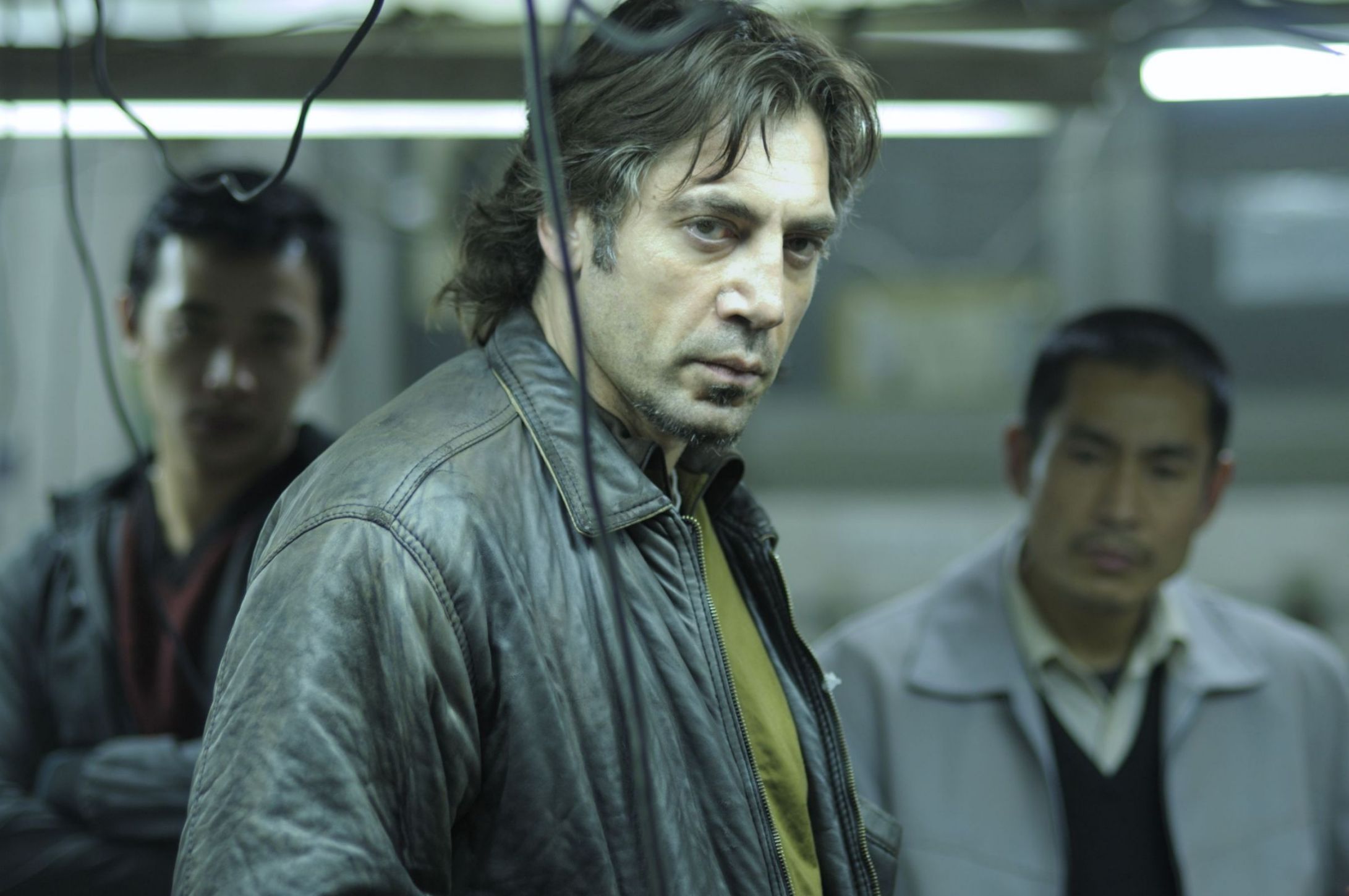At two and a half hours and with a pretty harrowing storyline, “Biutiful” is no walk in the park.
Iñárritu’s latest film sees Javier Bardem as Uxbal, a hustler and family man plagued by terminal illness, battle through the last months of his life in his dangerous Barcelona underworld. The protagonist juggles his jobs of employing illegal Chinese and Senegalese immigrants and of mystic who speaks to the dead with a messy private life involving an estranged bi-polar wife and two small children.
Iñárritu keeps his audience on edge with his signature choppy and thrilling cinematography in high-energy scenes such as the clash between Senegalese street vendors and police. The chase scene and depictions of police brutality are very raw and nothing short of exhilarating.
Overall, however, this is a slower-paced film than his “Babel” and “21 Grams,” perhaps because of an ominous atmosphere. This is, after all, a film about a man preparing to die. Death is omnipresent in the film; from Uxbal’s deteriorating physical condition to the ever-spreading black mould in his apartment ceiling, the viewer is constantly reminded of the protagonist’s impending fate. Iñárritu does, however, give us many moments of tenderness. Scenes between Uxbal and his two children show us moments of innocence that provide a sharp contrast to the film’s seedy backdrop and emphasize the hustler’s ultimate aim ““ to care for his children.
Though we see an excellent, appropriately seedy performance from Eduard Fernández as Uxbal’s crook brother and enchantingly lucid acting from Hanaa Bouchaib and Guillermo Estrella as Uxbal’s children, it is undoubtedly Bardem who carries the film.
Bardem lends an undeniable solemnity and weight to the character of Uxbal. Everyone in the film turns to Uxbal for answers; he plays the figure of a patron for the Senegalese and Chinese immigrant communities and the only source of stability to his children and unstable wife. He is a tormented, often saint-like man dragged down to earth by sordid affairs when he should be tying up his own loose ends. We see Bardem flawlessly oscillate between doting father, clairvoyant mystic and hardened criminal, in what has to be one of the actor’s best performances to date. The film is worth watching alone for the extraordinary acting of our tragic anti-hero.
Iñárritu’s love for plot complexity perhaps gets the better of him here. The film does feel cluttered and would definitely benefit from at least one fewer subplot. The Chinese criminals’ love affair, for example, feels gratuitous and teeteringly melodramatic; Iñárritu could have produced a much more streamlined film without it.
As catastrophe after catastrophe befalls Uxbal, the film may lose some of its audience in what they may perceive as incessant doom and gloom. One could, however, argue that in fact everything in the film is necessary to draw us into the dizzying maze of despair that Uxbal inhabits. The film’s power lies in Iñarritu’s expert ability to trap us into Uxbal’s dystopia.
The long-standing relationship between Iñárritu and music producer and composer Gustavo Santaolalla again succeeds with understated but perfectly appropriate music. The film’s excellent photography strikingly highlights the grittier, darker side of the much-idealized city of Barcelona. Indeed, the portrait of the city is the complete of opposite of the sun-drenched and romanticized one of Bardem’s other recent film, “Vicky Cristina Barcelona.”
“Biutiful” is a demanding exploration of the end of human life, catapulting us into a gritty tale of desperation and tragedy. Beautifully shot, it is a tender, exhilarating and very moving film that is hard to forget.
